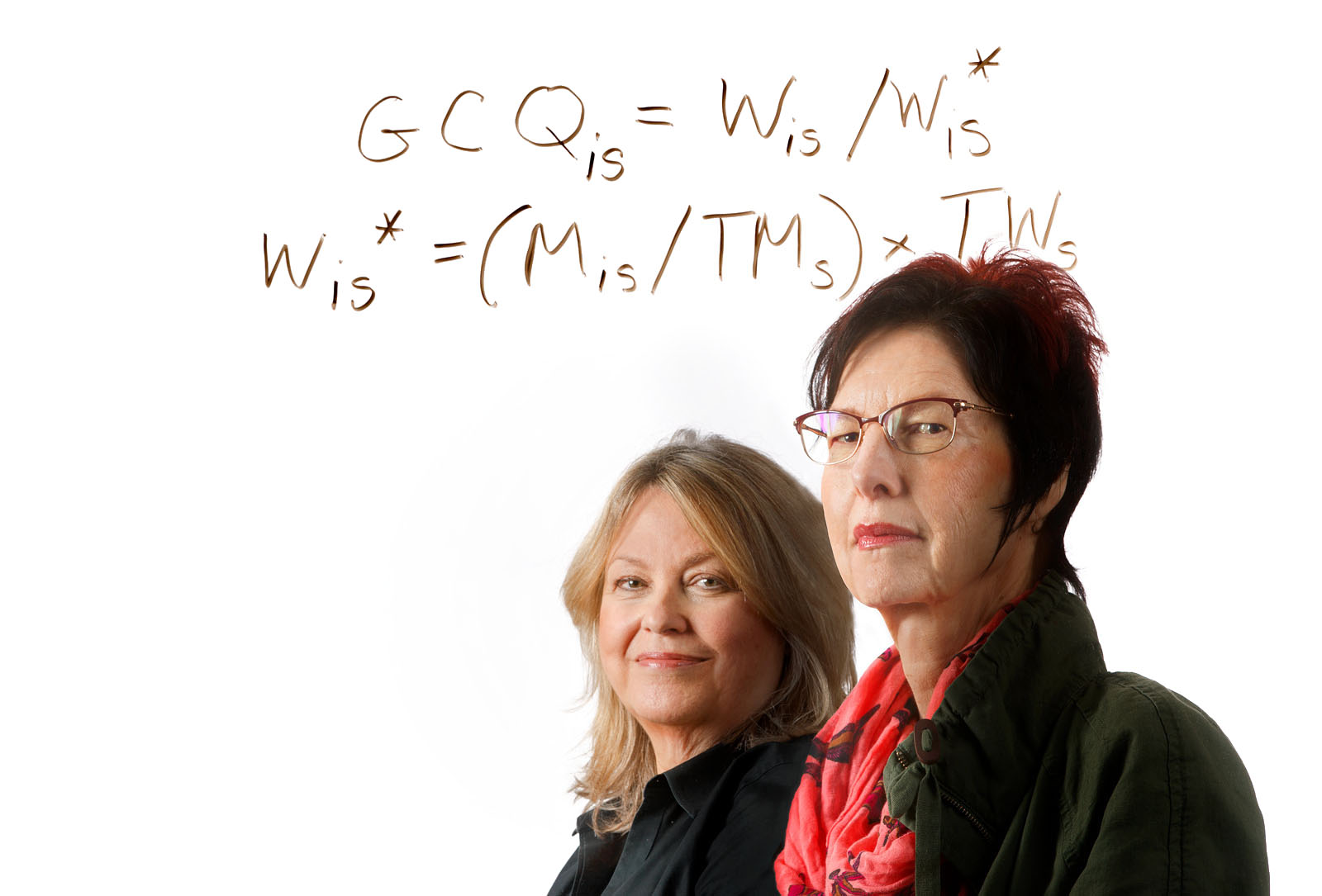Data-driven Economics Research Highlights Gender Differences

European male and female economists don’t agree on key economic issues – including whether women have an equal opportunity to share their differing views, a Nebraska study found.
The authors surveyed economists in 18 European Union countries, providing the first systematic analysis of differences in views between male and female economists in Europe. Their findings suggest a lack of women participating in economic research and debates undermines policy outcomes.
Despite similar educations, European women are, for example, less likely than men to trust market forces over government intervention, more likely to favor environmental protections and less likely to believe women have equal career opportunities, particularly in academia. The Nebraska authors found similar differences among U.S. economists in an earlier study.
Men are much more likely to view women’s job opportunities as equal to or more favorable than their own, the study found. The difference in viewpoint is wider in the U.S. than in Europe, perhaps due to European efforts to support female economists, said study author Ann Mari May, professor of economics. Mary McGarvey, associate professor of economics, and David Kucera of the International Labour Organization in Geneva, Switzerland, co-authored the European study.
“This is an important step in providing rigorous evidence that there are differences in views. So it does matter who we have involved in the public policy process,” May said.
The economics profession is grappling with a shortage of women, both in senior positions and those entering graduate school, she added. Because women are significantly underrepresented, male views predominate in academia, government and publications.
“This is an important step in providing rigorous evidence that there are differences in views. So it does matter who we have involved in the public policy process.”
Ann Mari May
“Economists move in and out of serving on boards and provide expert opinion and testimony,” May said. “One sees the cumulative effects of having one set of voices represented and excluding another.”
She and McGarvey are working with colleagues to dive deeper into gender differences and their consequences, such as analyzing the views of male-dominated journal review boards and investigating differences in views regarding environmental protection among economists.
The study appeared in the journal Kyklos in 2018. The U.S. study appeared in Contemporary Economic Policy in 2014.
+ Additional content for Data-driven Economics Research Highlights Gender Differences
Survey of European economists finds sizable gender gaps in opinions
Women are missing from economics. Here's why that matters for all of us
Study shows economists' opinions differ based on gender